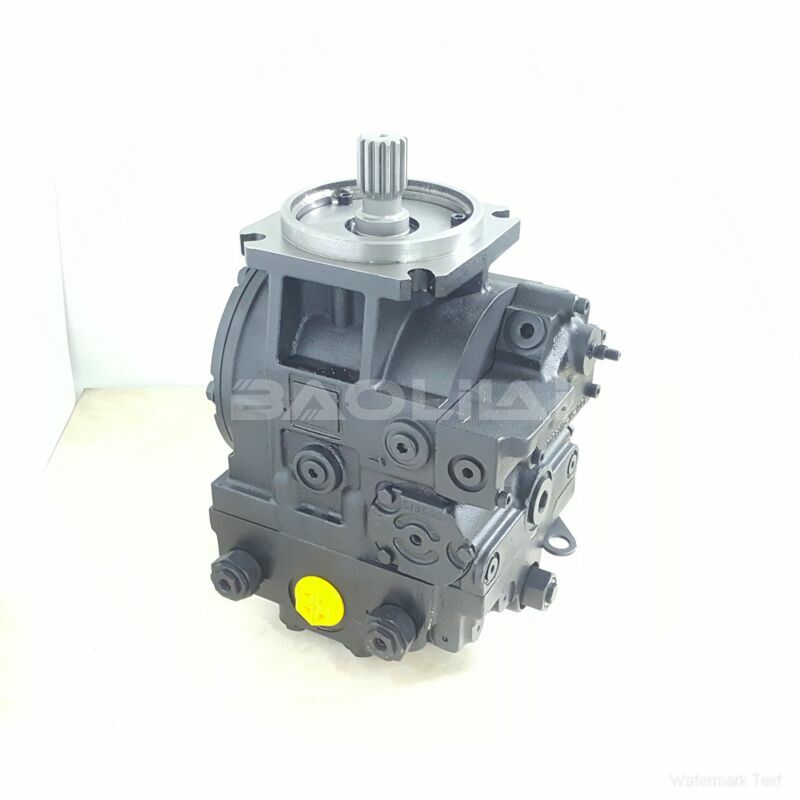90R100KN5NN60S4C7E04GBA262620F023 danfoss pump
90R100KN5NN60S4C7E04GBA262620F023 danfoss pump

- Product Details
- Applicable Scene
As the world shifts towards more sustainable farming practices, the role of technology in enhancing efficiency and reducing environmental impact has gained paramount importance. One vital component of this shift is the hydraulic pump, a device traditionally used in various mechanical operations. As the agricultural sector increasingly embraces sustainable waste management practices, the future of hydraulic pumps appears promising, presenting novel opportunities for innovation and efficiency.
90R100-KN-5-NN-60-S-4-C7-E-04-GBA-26-26-20-F023
90R100KN5NN60S4C7E04GBA262620F023
Hydraulic pumps are essential in converting mechanical energy into hydraulic energy, which powers various agricultural machinery. Their reliability and efficiency make them indispensable in tasks such as irrigation, tillage, and waste management. In the context of sustainable agricultural waste solutions, hydraulic pumps are particularly valuable for their ability to handle organic waste, facilitate biogas production, and enable efficient nutrient management.

83030749
One of the foremost challenges in agriculture today is managing waste generated from farming activities. This waste, if not handled properly, can lead to severe environmental consequences, including soil degradation, water pollution, and greenhouse gas emissions. However, innovations in hydraulic pump technology are paving the way for more sustainable practices. For instance, hydraulic pumps can be used to transport organic waste to anaerobic digesters, where it can be converted into biogas—an environmentally friendly energy source. This process not only mitigates the waste problem but also contributes to energy sustainability on farms.
Moreover, modern hydraulic systems are becoming increasingly sophisticated, integrating sensors and smart technologies that enhance their functionality. Smart hydraulic pumps can monitor performance, detect leaks, and optimize flow rates based on real-time data. This not only improves operational efficiency but also minimizes energy consumption and reduces the overall carbon footprint of agricultural practices. By employing these advanced systems, farmers can ensure they are utilizing hydraulic pumps in the most sustainable manner possible.





